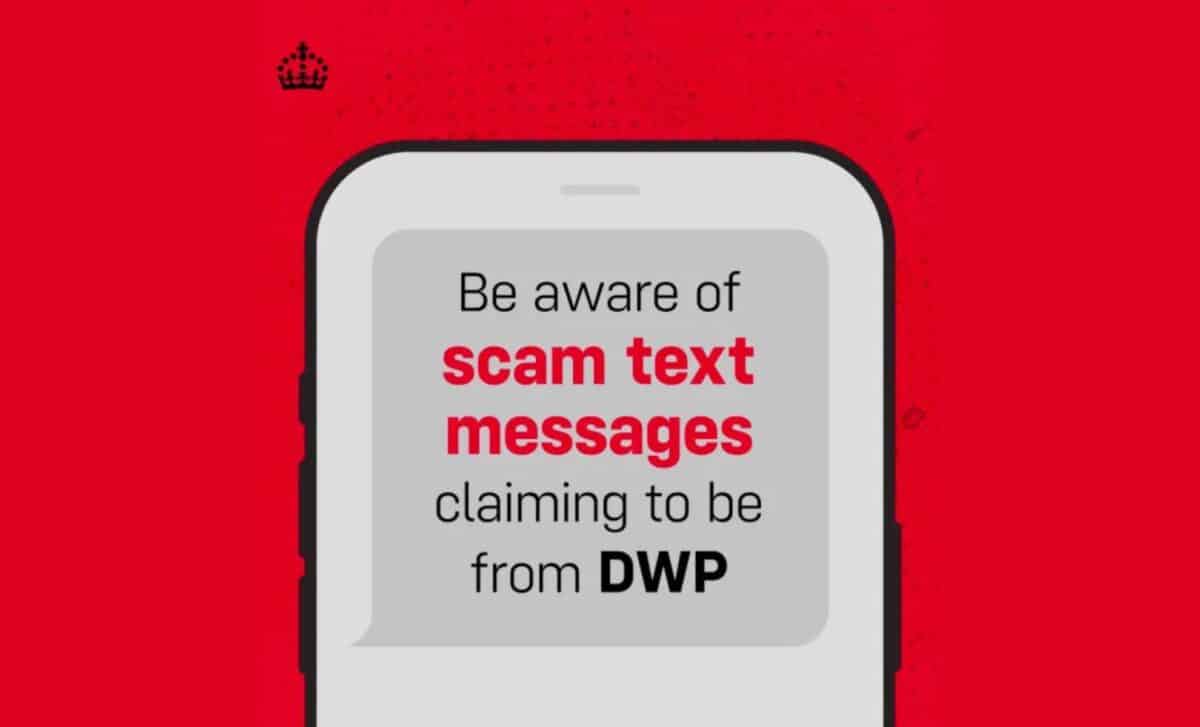The Department for Work and Pensions (DWP) has issued a crucial new text warning to individuals receiving Universal Credit, PIP, State Pension, and other benefits. This text message aims to alert claimants about important actions they need to take and ensures that they stay informed about their entitlements. Given the rise in fraudulent activity and the importance of ensuring continued support, the DWP’s new initiative seeks to improve communication between the department and those relying on state support.
Why the DWP is Reaching Out with Text Alerts
The DWP’s decision to issue text warnings comes as part of an ongoing strategy to improve direct communication with claimants. As benefits systems evolve, it’s essential that people are kept updated about the status of their claims, potential changes, and any actions required on their part. For Universal Credit and PIP claimants, for instance, failure to meet deadlines or respond to requests could result in a delay or cessation of their benefits, making timely communication critical.
In addition, the move to text messaging aims to address the increasing prevalence of fraud, with scammers often posing as government departments to steal sensitive personal details. These fraudulent messages can easily mislead people into sharing their bank account information or clicking on malicious links. By issuing official warnings through text, the DWP hopes to clarify any potential confusion and help people differentiate legitimate notifications from scam attempts.
What the New DWP Text Warning Covers
The latest text message from the Department for Work and Pensions (DWP) aims to inform Universal Credit, PIP, and State Pension claimants about important updates and required actions to ensure their benefits continue without interruption. The DWP reminds claimants that official communications will always come from a verified number, helping them distinguish between legitimate messages and scams.
Be aware of scam text messages claiming to be from @dwpgovuk
Always be careful about links and never share personal or financial details
Only engage with trusted official sources
You can report suspicious messages to @actionfrauduk or search https://t.co/2iQDtJ8bCD pic.twitter.com/iOKnkOs52i
— Department for Work and Pensions (@DWPgovuk) November 29, 2024
Claimants are urged to review their benefits and provide any necessary documentation, especially if their circumstances have changed. For example, if someone’s health condition or living situation has altered, it could affect the amount of financial support they are entitled to. The DWP also highlights the importance of keeping personal details such as income, address, and health status up to date, as ongoing benefit reviews require this information to avoid delays in payment.
What Should Claimants Do in Response?
If you are a Universal Credit, PIP, or State Pension claimant and receive a text from the DWP, it’s essential to take the message seriously. Here are the steps you should take to ensure you’re responding appropriately:
1. Verify the Source: If you receive a text from the DWP, check the sender’s number. Official messages from the DWP will come from a verified government contact. If in doubt, do not click on any links provided in the message. Instead, visit the official DWP website or use their official phone number to verify the authenticity of the message.
2. Update Your Information: If the text asks you to update any details such as your address, income, or health status, make sure you do so through the official channels. Keeping your contact information up to date is essential to avoid any disruptions in payments.
3. Follow Instructions Carefully: The message may contain instructions for actions such as submitting further documentation or completing a form. Follow the instructions closely to avoid delays in processing your benefits.
4. Be Prepared for Assessments: If the text warns you of an upcoming assessment or review of your benefits, be sure to have any necessary documents ready and respond on time to avoid delays or suspension of payments.









